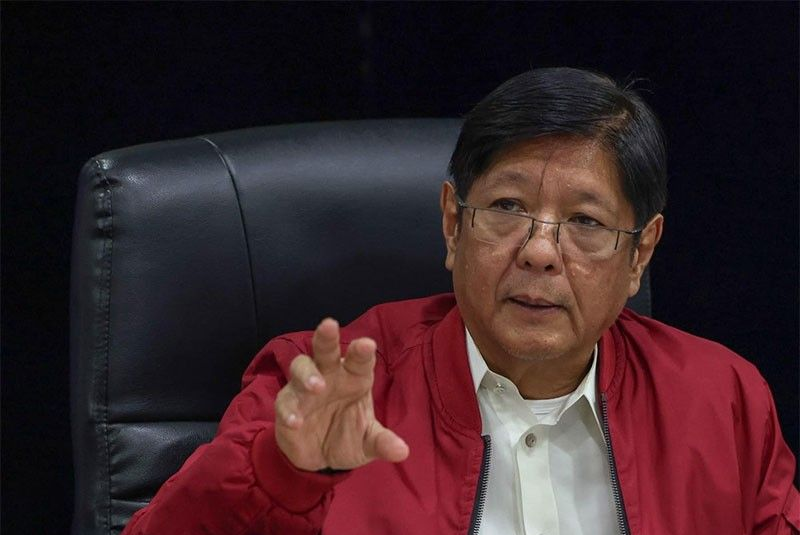Metro Manila, Philippines — July 24, 2025 —
President Ferdinand “Bongbong” Marcos Jr. has acknowledged that the Philippines must now accept the constant threat of severe weather as the new normal, following a week of relentless rainfall, tropical cyclones, and widespread flooding.
Speaking during a situational briefing with key government officials on Thursday, President Marcos emphasized the need to adjust the nation’s mindset when it comes to dealing with natural calamities, particularly the increasing frequency of tropical cyclones and the intensified southwest monsoon or habagat.
“This is not an extraordinary situation anymore. This is the new normal,” Marcos said. “We just have to change the way we think. Everything is different now compared to the last 40 years.”
His statement came as the National Disaster Risk Reduction and Management Council (NDRRMC) reported massive impacts from successive storms — Tropical Cyclones Crising, Dante, and Emong — which have battered parts of the country in recent days. The enhanced habagat has worsened conditions, resulting in heavy floods and landslides.
As of Thursday morning, at least 40 cities and municipalities have declared a state of calamity, including the entire province of Cavite and 17 other areas across Metro Manila and nearby provinces.
The NDRRMC reported that more than 2.7 million individuals — equivalent to 765,869 families — have been affected nationwide, with only Eastern Visayas escaping the brunt of the storms.
Several affected regions have experienced flooding, landslides, collapsed infrastructure, and even tornadoes, overwhelming local response efforts.
President Marcos reiterated the urgency of adaptation and preparedness, recognizing that these weather disturbances can no longer be treated as isolated or rare occurrences.
“Tropical cyclones are inevitable. No matter what we do, they will come. What we can do is adapt, prepare, and respond more effectively,” he added.
Government agencies are continuing relief operations, while local authorities are coordinating evacuations and safety protocols in vulnerable communities.



